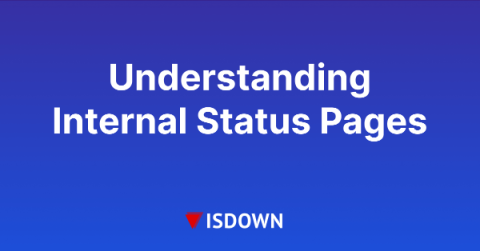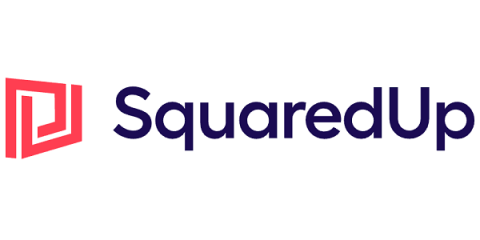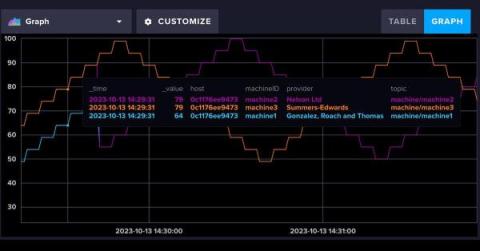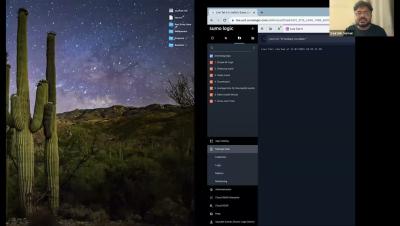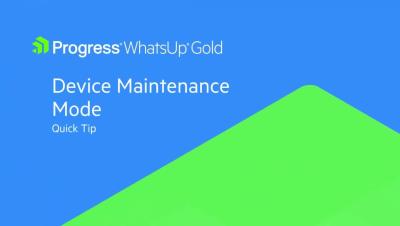Analyzing GCP Costs with BigQuery: A How-To Guide
Effective Google Cloud Platform (GCP) cost management is an essential aspect of cloud administration, ensuring that resources are used optimally without overspending. Utilizing BigQuery for GCP cost analysis offers a comprehensive solution to understand and control your cloud expenses. The integration of GCP billing data into BigQuery allows for real-time analysis and detailed insights into your cloud spend.



